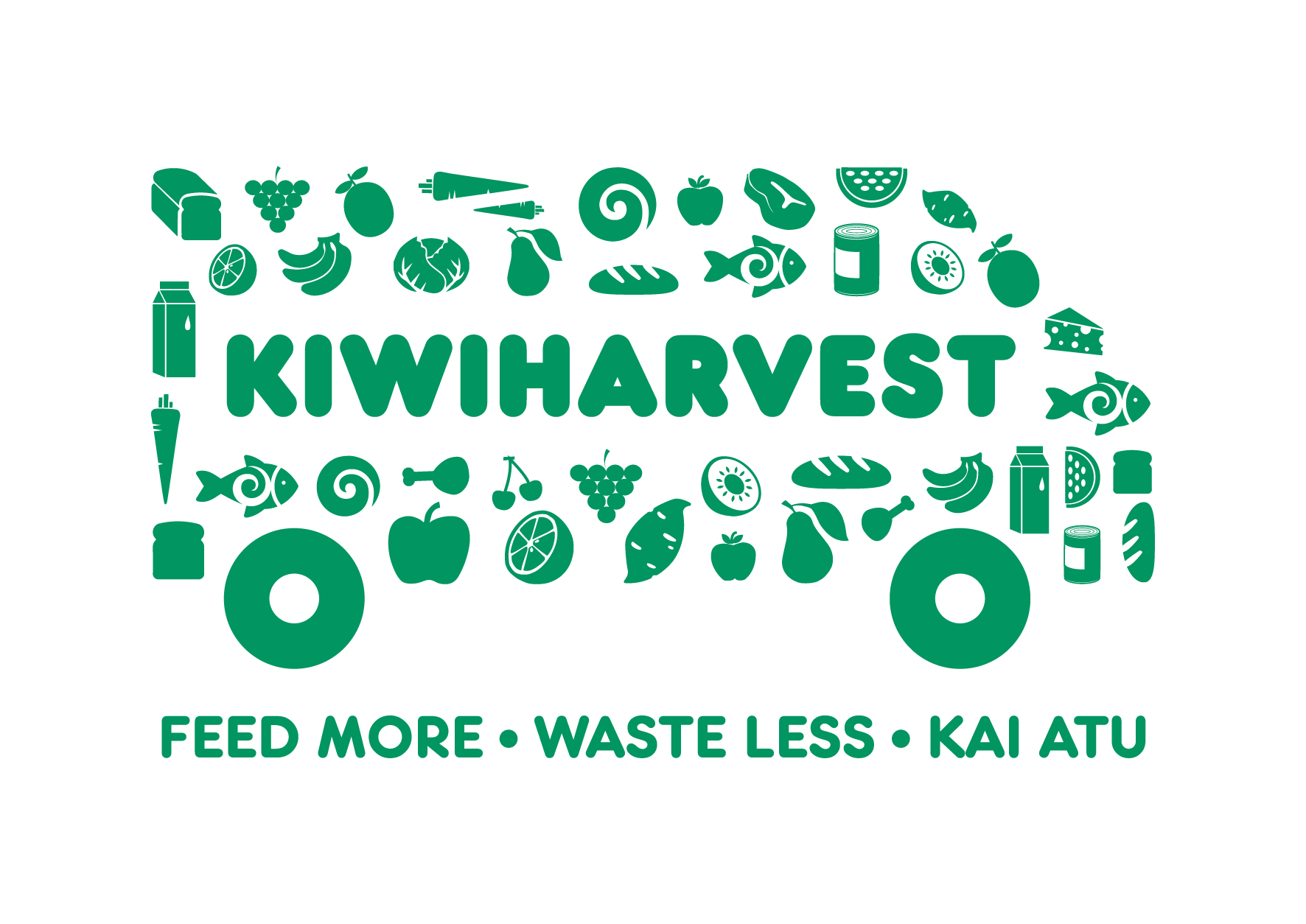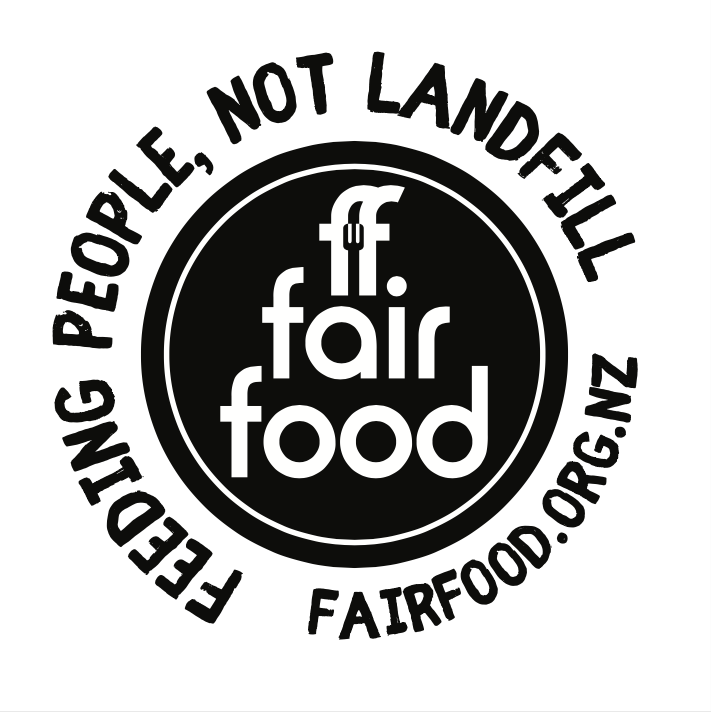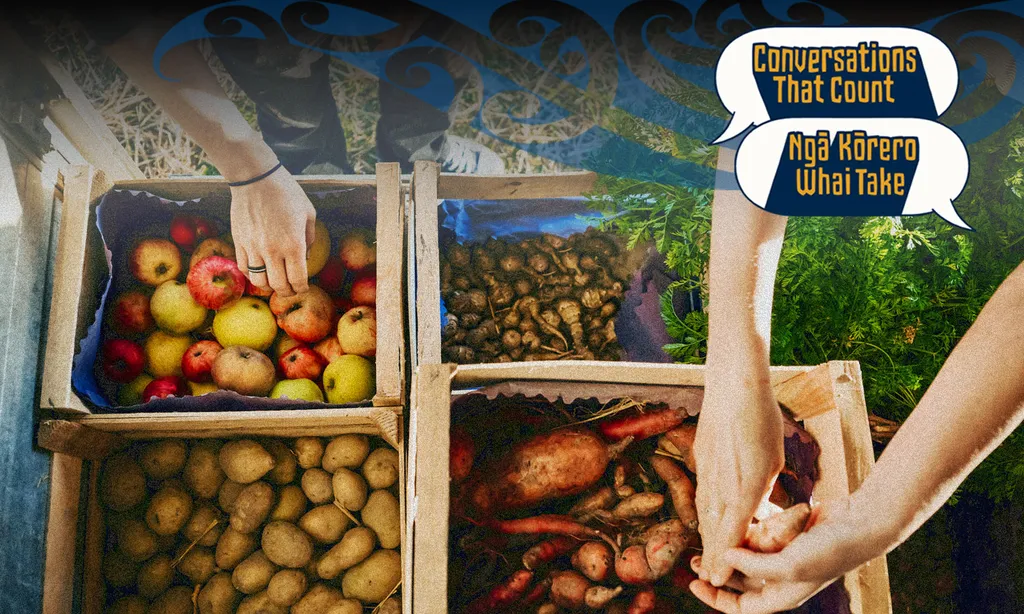Government Must Act on Post-Pandemic Report—or Risk More of Our People Going Hungry
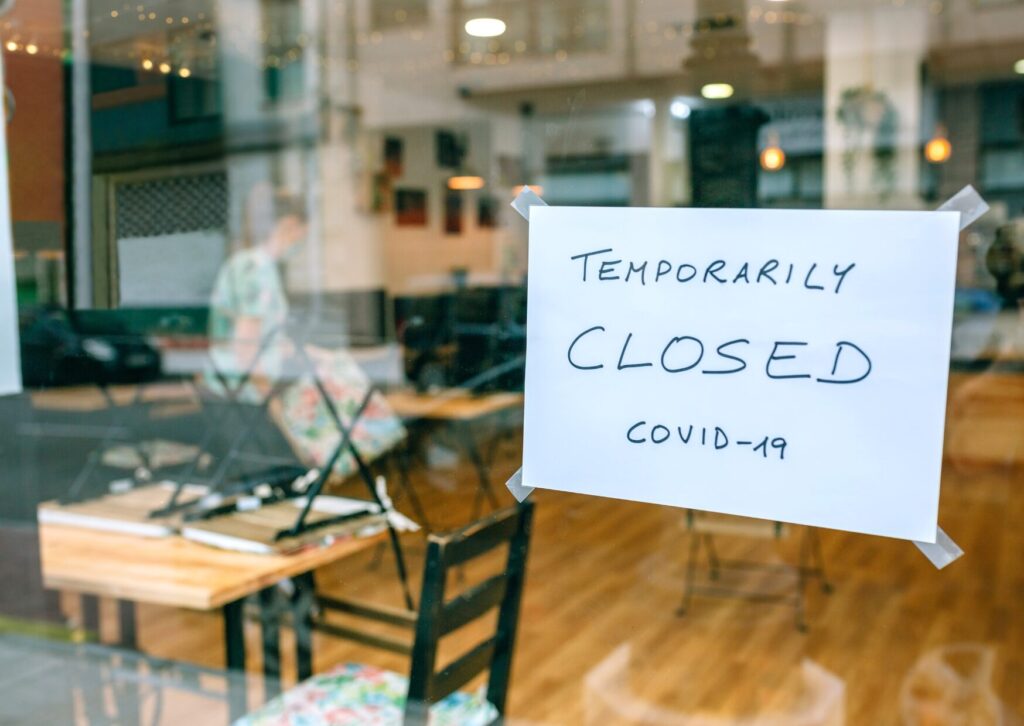
Ever wondered what happens to bananas at your local supermarket when they get too many brown spots to sell, or tomatoes that are too soft around the edges? If your supermarket partners with a food rescue organisation, perfectly edible items like these—and other surplus stock—are collected and redistributed to places like food banks to ensure they reach those who need it. But without a food rescue relationship, there’s a good chance this surplus kai would become pig feed, or worse, be dumped in landfills. It’s a wasteful outcome, especially when Aotearoa faces rising child poverty, a cost-of-living crisis, and our food relief agencies are stretched to the limit.
But what would happen to all of the perishable food in your local supermarket if it couldn’t open to the public at all? Say in a natural disaster. When Cyclone Gabrielle and the Auckland floods devastated communities last year, food rescue groups stepped up. KiwiHarvest for instance, worked with supermarkets that couldn’t open to ensure food got to those in need rather than perishing. In West Auckland, where power outages lasted for days, Fair Food worked tirelessly to support elderly residents who couldn’t afford to replace the meat in their freezers. In Gisborne, following Cyclone Gabrielle, Gizzy Kai Rescue ensured food that could no longer be transported out of the area was distributed to local whānau. With communications down, they even used handwritten notes and local radio to organise their efforts.
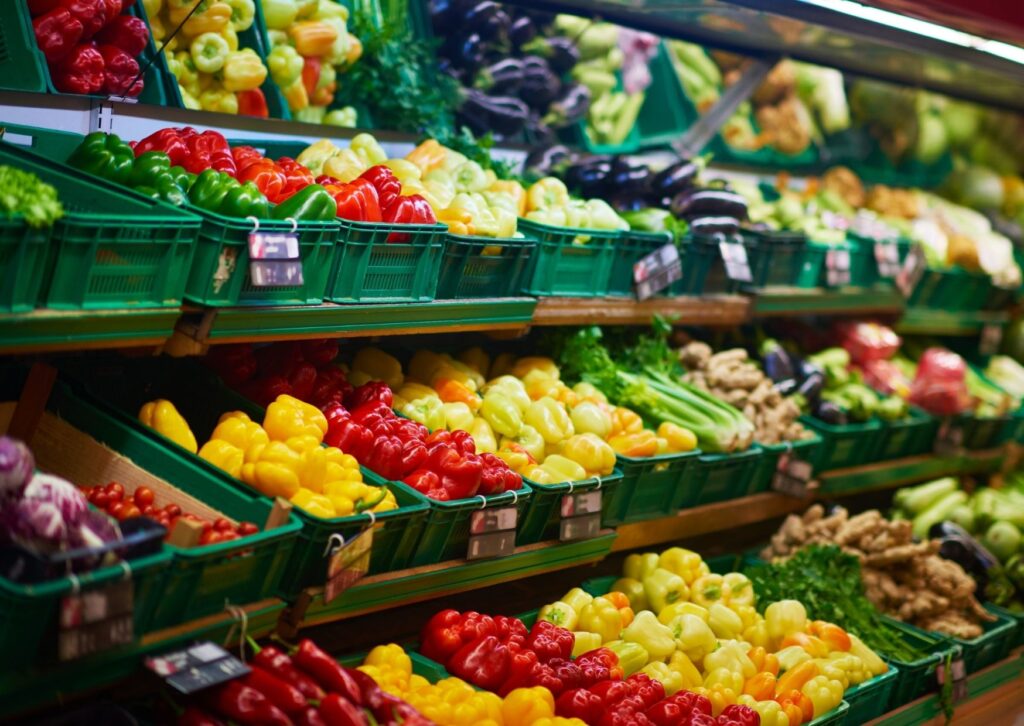
Essential services during a crisis
In the COVID-19 pandemic, food rescue became essential to supporting vulnerable communities. So much so that the government launched the Food Secure Communities programme, investing over $200 million into community food providers. This funding met surging demand, supported food security plans, and ensured culturally appropriate kai reached those in need.
That Covid-related funding rightly ended when the pandemic response did. However, The Government at the time wisely continued the Food Secure Communities programme at a smaller scale to help community organisations meet the ongoing need for food relief.
This funding will end on 30 June 2025, in a move that ignores a stark reality: we may no longer be in a pandemic but demand for food relief isn’t declining. In fact, it’s rising. Seventy per cent of Aotearoa Food Rescue Alliance members have reported significant increases in demand for their services over the past year. These groups are now helping more and more people, including working families, many of whom find themselves forced to make unbearable choices: Mothers going without to feed their children, and some households choosing food over electricity.
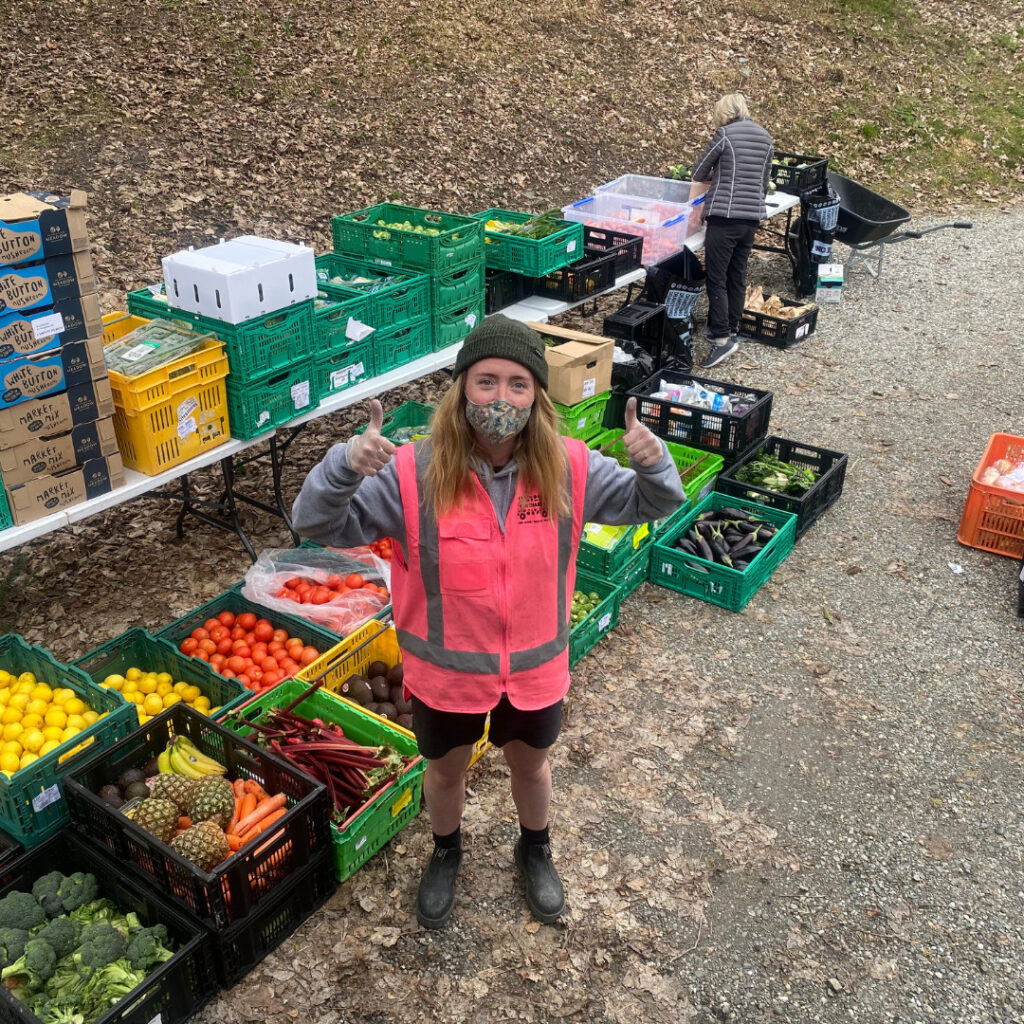
And don’t just take our word for it. A United Nations report published earlier this year showed that while food security is improving around the world, here in New Zealand it got significantly worse over the ten years to 2023.
AFRA members distributed over $73 million worth of surplus food in the past year, supplementing the $120 million the government spends annually on food grants. But without sustainable funding, if these groups are forced to scale back, already overstretched communities will pay the price.
Recommendations from Royal Commission’s Report into the Covid-19 Response
The first phase of the Royal Commission of Inquiry’s report into New Zealand’s Covid-19 pandemic response underscores the importance of maintaining food security infrastructure, stating: “Maintaining capability for this support for food security infrastructure will be of significant benefit in a future pandemic (or other crisis). It is important, therefore, that the Government maintains good engagement with and support for the charitable sector which provides the bulk of services in this area.”
We cannot afford to let this recommendation go unheeded. Robust food rescue systems are not just for pandemics—they are a lifeline for times of crisis, whether caused by natural disasters or economic hardship.
The government must act now to provide sustainable funding for food rescue organisations. These groups are not just plugging holes in a broken system; they are creating solutions that address both food insecurity and food waste. Community support is vital and thankfully strong, but it cannot replace government responsibility.
If we fail to secure this infrastructure, we risk leaving New Zealanders vulnerable in the next pandemic—or in the everyday crises unfolding right now in our communities. The time to act is now.
Learn more about each one of our members and their crucial daily mahi here.

